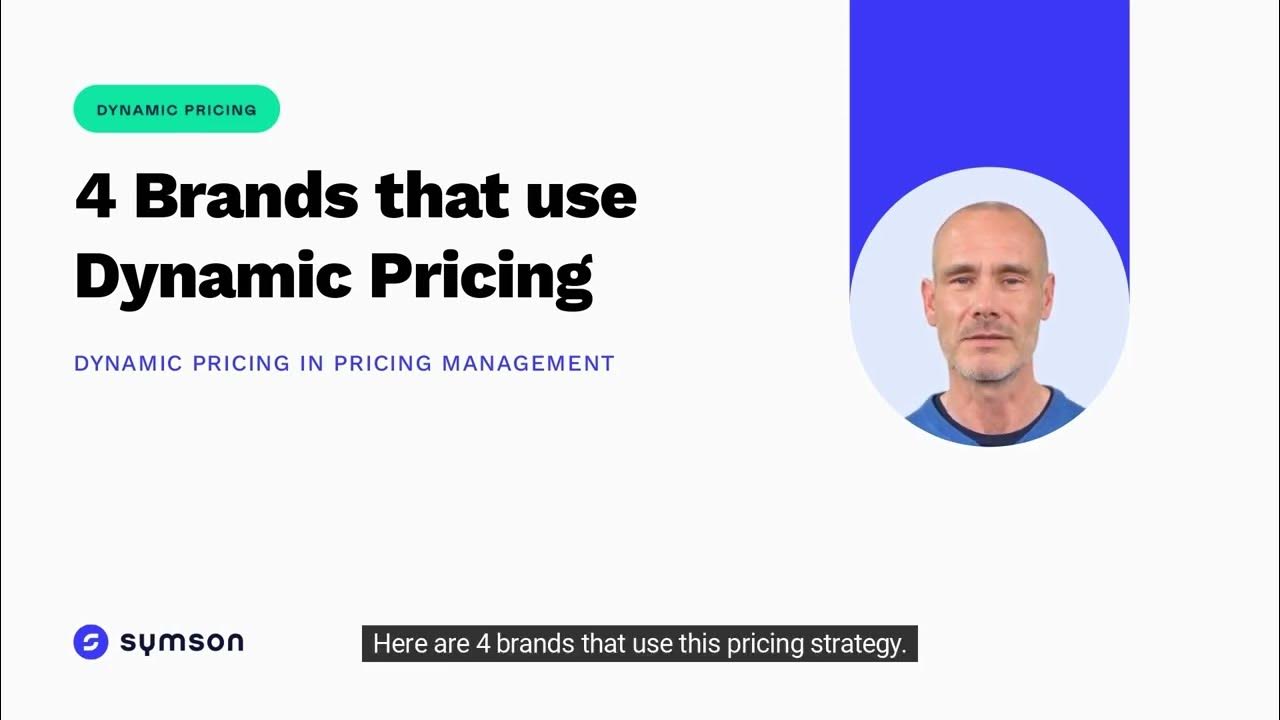Data Science PROJECT: Airline Booking Demand Forecasting and Dynamic Pricing Optimization App
Summary
TLDRThis project introduces an innovative app designed for airline booking, featuring demand forecasting and dynamic pricing optimization. The app tailors prices to customer-specific scenarios, such as booking time, holiday periods, and class selection, aiming to maximize revenue while retaining customers. Utilizing machine learning models like Random Forest, it predicts pricing and forecasts booking demand, adapting to various economic conditions and customer behaviors for a personalized booking experience.
Takeaways
- 🛫 The project aims to build an app for airline booking demand forecasting and dynamic pricing optimization.
- 📈 The app will use various variables such as customer circumstances, time of booking, and flight details to optimize prices dynamically.
- 🎯 The problem statement outlines the need for different pricing strategies based on customer scenarios to maximize revenue.
- 👥 The app simulates different customers and their booking conditions to forecast pricing for each individual customer.
- 📅 Users can select flight dates, times, and airports, which are factors in the dynamic pricing model.
- 🌐 The app allows users to choose airlines and classes, which affect the price they are offered.
- 🏖️ The app takes into account factors like holidays, which can cause spikes in booking demand and affect pricing.
- 📉 The app predicts low booking periods and adjusts pricing accordingly to maintain competitiveness.
- 🌡️ Economic conditions, such as competitor prices, GDP, inflation, and unemployment rates, are considered in the pricing model.
- 🔮 The app uses machine learning models, including random forest and profit models, for demand forecasting and price prediction.
- 📊 The app provides visualizations of booking demand over time and advanced booking distributions to understand booking patterns.
Q & A
What is the main objective of the project described in the script?
-The main objective of the project is to build an app for airline booking demand forecasting and dynamic pricing optimization, which adjusts prices based on various customer circumstances and conditions.
What does the app aim to achieve with dynamic pricing?
-The app aims to provide different pricing to customers based on their booking circumstances, such as the time of booking, customer age, class selection, holiday periods, and other factors, to maximize revenue.
How does the app handle different customer scenarios?
-The app allows users to select different scenarios or conditions, and then simulates different customers based on those selections to forecast pricing for each customer.
What factors influence the dynamic pricing model used in the app?
-Factors influencing the dynamic pricing model include departure and arrival airports, flight and booking dates and times, customer age, class selection, holiday periods, booking advance days, weather conditions, economic conditions, and competitor prices.
How does the app accommodate different airlines and classes?
-The app allows users to select different airlines and classes, such as British Airways, American Airlines, or Emirates, and economy, business, first class, or other options, to provide tailored pricing.
What is the significance of the holiday factor in the app's pricing strategy?
-The holiday factor is significant because it can cause a spike in bookings, leading to higher demand and potentially higher prices during those times.
How does the app's machine learning model contribute to the dynamic pricing?
-The machine learning model, using algorithms like random forest, makes predictions based on the user-selected variables to dynamically optimize pricing and forecast demand.
What is the role of the profit model mentioned in the script?
-The profit model is used in conjunction with the random forest model to forecast into the future, helping to predict demand and pricing beyond the current dataset.
How does the app handle advanced booking days in its pricing strategy?
-The app adjusts prices based on how far in advance a customer is booking. Bookings made further in advance may have lower prices compared to last-minute bookings, which may be higher due to increased demand.
What is the purpose of the booking demand forecast feature?
-The booking demand forecast feature helps to predict the number of bookings that will occur on specific dates, allowing the app to adjust pricing strategies to maximize revenue during high-demand periods.
How does the app ensure it retains customers through dynamic pricing?
-By considering all variables of the customer and providing the right price at the right circumstance, the app aims to retain customers by offering competitive and personalized pricing.
Outlines

This section is available to paid users only. Please upgrade to access this part.
Upgrade NowMindmap

This section is available to paid users only. Please upgrade to access this part.
Upgrade NowKeywords

This section is available to paid users only. Please upgrade to access this part.
Upgrade NowHighlights

This section is available to paid users only. Please upgrade to access this part.
Upgrade NowTranscripts

This section is available to paid users only. Please upgrade to access this part.
Upgrade NowBrowse More Related Video

Lesson 1.1 The Birth of Yield Management

Dynamic Pricing Strategy to effectively fill slots | Ecommerce | Travel | Hospitality Domains

Wie Flugpreise wirklich funktionieren

Examples of Dynamic Pricing: SYMSON's Knowledge Snippets

Boosting Retail Margins: Price Optimization Strategies with Machine Learning

Lesson 1.2 Yield Management in the Hospitality Industry
5.0 / 5 (0 votes)